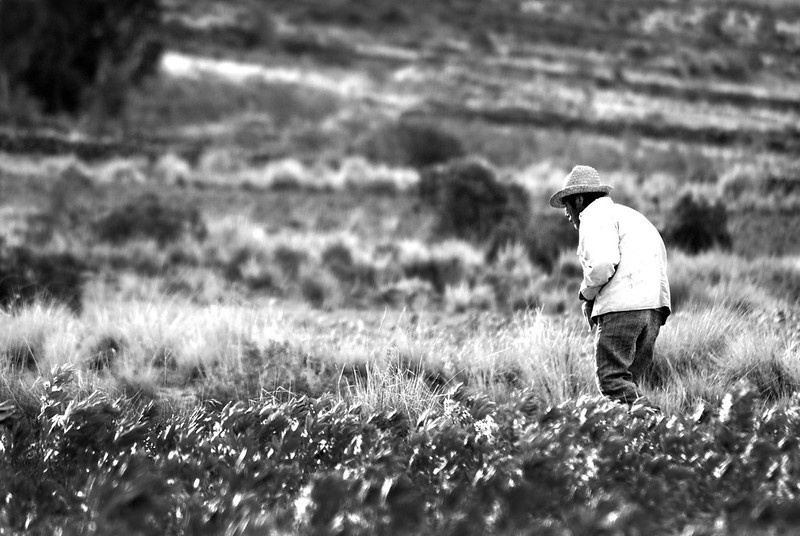What are people eating in Rajshahi, Bangladesh? Food consumption, food security, food sources, and food perceptions
The Transforming Agrifood Systems in South Asia (TAFSSA) district agrifood systems assessment aims to provide a reliable, accessible, and integrated evidence base that links farm production, market access, dietary patterns, climate risk responses, and natural resource management with gender as a cross-cutting issue in rural areas of Bangladesh, India, and Nepal. It is designed to be a district-level multiyear assessment.








